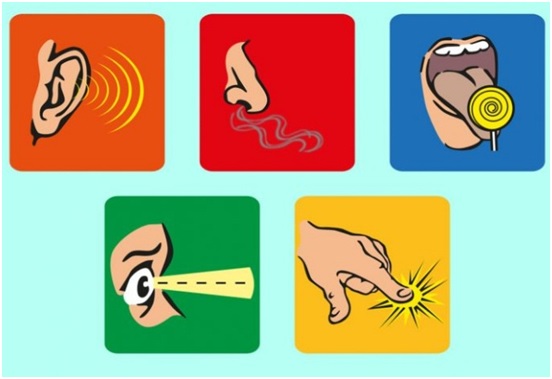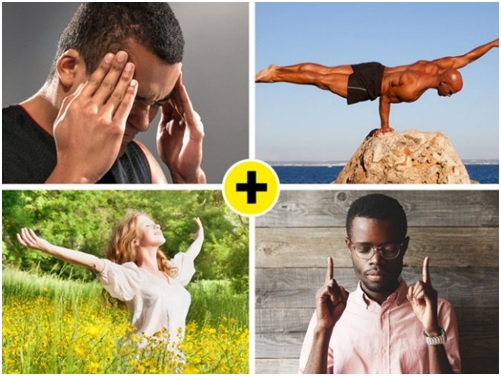4Eating lots of carrots does not improve your eyesight
Advertisement
A good source of vitamin A is carrots. When a person is deficit of vitamin! He usually suffers from night blindness, a condition in which the rate of your eye to adapt to darkness decreases gradually. Increasing intake of Vitamin A, present in carotene can cure the deficiency. Carrots do contain a lot of carotene, but blueberries, spinach, apricot and other vegetables consisting of dark-colored leaves contain more carotene.

Image Source: modernitta.com
Carrots don’t improve night vision
Advertisement
Curing Night blindness and fixing you observed on your skin after consuming a lot of carrots but it won’t cure your night vision. During World War 2, John Cunningham, Captain of squadron 604 had impeccable night vision so he fought mostly at night. Thus, he came to be known as the Cat’s eye. The British government spread the rumor that he got this vision because he used to eat a lot of carrots. The truth was that the captain was actually testing a top secret radar, which actually had nothing to do with his night vision and carrot consumption.

Image Source: upload.wikimedia.org
5The recommended amount of sleep is not neccessary 8 hours
Advertisement
Daniel Kripke published an article in 2004, which stated that adults who sleep 6-7 hours during night tend to live longer than those who sleep 8 hours. His study included 1.1 million participants and it took 6 years to complete it. A greater number of people who slept for more than 4 hours and less than 8 hours stayed alive to the end of the study. Sleeping less than 8 hours is not as harmful as we expected it to be.

Image Source: modernitta.com
It is sleep deprivation that harms you
Advertisement
We should also make sure that we are not being sleep deprived. It is sleep deprivation that throws the brain into confusion making it dysfunctional, lack focus, concentration and decisiveness. Sleep deprivation lowers immunity and make you irritable.

Image Source: www.surepayroll.com
6Humans have more than 5 senses
Advertisement
From small we have been taught that out 5 senses were-touch, sight, smell, hearing and taste. Centuries ago these were all mentioned as our senses by Aristotle. But that isn’t so. It has become a common fact that the human body possesses 4 more senses.

The four additional senses
Advertisement
Thermoception: perceiving temperature or sensation of change in temperature.
Equilibrioception: physiological senses related to balance or agility powered by cavities in our inner canals which are filled viscous liquids.
Nociception: response to potentially harmful stimuli or pain experienced in joints, tissues, etc.
Proprioception: sensation of realizing our own organs and bones present in our body without physically feeling them.
